Our Favorite Essential Oils For Maskne

Have you started noticing unwanted facial acne these past several months? You’re not the only one. As it turns out, one drawback of wearing masks is “maskne.” Shorthand for “mask acne,” maskne is a growing nuisance for those who would like to avoid unsightly blemishes (ahem, everyone).
What causes maskne, is there a way to prevent maskne and can essential oils help? We uncover all these questions and more in this simple guide.
What Causes Maskne?
Some are calling maskne a sign of the times, though maskne is nothing new for those who often need to wear masks due to their occupation.
While masks help to keep germs and bacteria out, they also do a good job keeping germs and bacteria from your mouth and nose in. What’s more, breathing inside your mask can create warmth and humidity. Together, these factors create an optimum environment for acne-causing bacteria.
Furthermore, if you have rosacea, wearing a mask may cause flare ups. And if you’re prone to textile dermatitis, masks made of dermatitis-causing fabrics may also cause blemishes when worn.
And lastly, while less common, maskne may also be caused by your mask rubbing against your face and causing irritation and chafing.
How To Prevent Maskne
While wearing a mask often may be unavoidable for many, preventing maskne isn’t. Here are several ways to prevent maskne according to dermatologists.
Simplify Your Skincare Routine
Reduce your morning skincare routine down to two steps: a gentle cleanser and mild moisturizer. That’s it. The more facial products you apply before wearing a mask, the more room there is for those products to cause irritation and adverse reaction. In that same vein, apply moisturizer after removing your mask as well.
Skip Harsh Products
Dermatologists also recommend not trying new skincare products at this time, especially harsh products like chemical peels and other exfoliants. The reason being, wearing a mask can make your skin more sensitive and more likely to break out when new products are used.
Go Makeup-less
If face makeup like foundation, concealer and powder are a part of your daily routine, skip it. The warmth and humidity you create from breathing in your mask can cause your pores to open up and thus become clogged with your makeup (along with sweat and dirt, yikes!). If you feel that you must wear makeup, opt for a lightweight, tinted moisturizer instead.
Wash Your Masks
Masks are good at catching germs, along with dirt and sweat. Therefore, wash your cloth mask after each use with hot water and a hypoallergenic detergent. If you use a disposable face mask, throw it away after one use.[4]
Choose The Right Mask
When deciding on which type of mask to use, pick a mask that fits snugly around your face and is made of natural fabrics like cotton. Synthetic fabrics are more likely to cause breakouts, especially if you have textile dermatitis.[5] And don’t choose a mask that’s marketed as “lightweight” or “breathable” as these often don’t offer that much protection.
Take A Mask Break
If you have to wear a mask for long hours (say, an 8 hour workday), dermatologists recommend removing the mask every 4 hours for 15 minutes when you’re in a safe area. That means outside or in a well-ventilated area away from people. This allows your skin to breathe.
Don’t Stress Out
If you find that you’re still developing major maskne, check your stress levels as this can also be a contributor to unwanted blemishes.
Essential Oils for Maskne
When maskne does strike, which essential oils should you reach for? Here are our favorite essential oils for maskne and other general skin blemishes.
Oregano & Thyme
-
A study tested the effects of several essential oils with anti-acne properties, including Oregano, Thyme, Lemongrass, Peppermint and German Chamomile.
-
A .5% dilution of Oregano was found to have the most efficacious acne-clearing properties.
-
This study revealed that the second best essential oil for acne-clearing was Thyme ct. thymol.
These results are promising for Oregano and Thyme’s ability to reduce maskne, but please note that these oils can be irritating to the skin if used improperly. If you have sensitive skin, we suggest opting for a milder essential oil such as the following oils.
Frankincense
-
One study determined Frankincense oil’s effect on skin.
-
Four highly diluted concentrations were analyzed, ranging between 0.003% and 0.00011%.
-
The study found that Frankincense was supremely effective at reducing skin inflammation and remodeling skin tissue.
If your skin is becoming red, inflamed and textured as a result of frequent mask-wearing, allow Frankincense to save the day.
Tea Tree
-
An Australian study set out to find the effects of Tea Tree on acne.
-
Tea Tree oil was used in a gel and face wash by the study’s participants, twice daily for 12 weeks.
-
The results showed that Tea Tree oil significantly improved mild to moderate acne.
We all know that Tea Tree oil is a superstar in the skincare realm, and for good reason. It’s antimicrobial properties are efficient at repairing and ridding skin of acne.
Manuka
-
A review of essential oils’ antimicrobial action towards various skin conditions noted Manuka’s ability to successfully inhibit multiple types of acne-causing bacteria.
-
This same study also mentioned other oil’s anti-acne ability including Lemongrass, East Indian Sandalwood, Bergamot and Petitgrain.
When used in combination, these oils can be used to create a highly effective anti-acne synergy.
Maskne Essential Oil Blend
Put this information in action by creating your own Maskne Essential Oil blend. Better yet, add it to a roll-on for convenience.
What You Need
-
10 ml Empty Roll-On
-
10 ml Jojoba Carrier Oil
-
5 drops Tea Tree
-
3 drops Frankincense
-
1 drop Oregano or Red Thyme
-
1 drop Manuka
-
1 drop Bergamot (FCF)
How To
Add all ingredients to your empty roll-on. Combine by gently flipping the bottle a few times to avoid creating air bubbles–this prevents the oil from oxidizing and allows for a longer shelf life. Apply to individual acne spots after washing your face and applying moisturizer at night. Follow steps to prevent maskne.
Keep Calm and Carry On
These times can be stressful. If you’re finding that your breakouts are made worse by stress, try our affordable stress-relieving products. From soothing bath salts and essential oil blends for stress, Edens Garden offers many ways to de-stress that won’t break the bank. You can also browse our blog to find endless tips on how to manage and combat stress.
Need additional stress-relieving help? Reach out to us! We’re always happy to help.
Sources:
- Fenneld. “The Struggle With Maskne Is Very Real.” Health Essentials from Cleveland Clinic, 29 Sept. 2020, health.clevelandclinic.org/the-struggle-with-maskne-is-very-real.
- Nunez, Kirsten. “How to Avoid Maskne (Mask Acne) Breakouts.” Healthline, 24 Nov. 2020, www.healthline.com/health/maskne#prevention-tips.
- “9 Ways to Prevent Face Mask Skin Problems.” American Academy of Dermatology Association, www.aad.org/public/everyday-care/skin-care-secrets/face/prevent-face-mask-skin-problems. Accessed 12 Jan. 2020.
- Rubin, Courtney. “Maskne Is the New Acne, and Here’s What Is Causing It.” The New York Times, 17 June 2020, www.nytimes.com/article/maskne-acne.html.
- Newman, Dennis. “Am I Allergic to My Clothes?” WebMD, 23 July 2018, www.webmd.com/allergies/textile-allergy.
- Taleb, Mohammed H. “Origanum Vulgare L. Essential Oil as a Potential Anti-Acne Topical Nanoemulsion—In Vitro and In Vivo Study.” PubMed Central (PMC), 1 Sept. 2018, www.ncbi.nlm.nih.gov/pmc/articles/PMC6225355.
- Han, Xuesheng. “Biological Activities of Frankincense Essential Oil in Human Dermal Fibroblasts.” PubMed Central (PMC), 1 June 2017, www.ncbi.nlm.nih.gov/pmc/articles/PMC5801908.
- Malhi, Harsimran Kaur. “Tea Tree Oil Gel for Mild to Moderate Acne; a 12 Week Uncontrolled, Open-Label Phase II Pilot Study.” PubMed, 21 Mar. 2016, pubmed.ncbi.nlm.nih.gov/27000386.
- Orchard, Ané. “Commercial Essential Oils as Potential Antimicrobials to Treat Skin Diseases.” PubMed Central (PMC), 4 May 2017, www.ncbi.nlm.nih.gov/pmc/articles/PMC5435909.
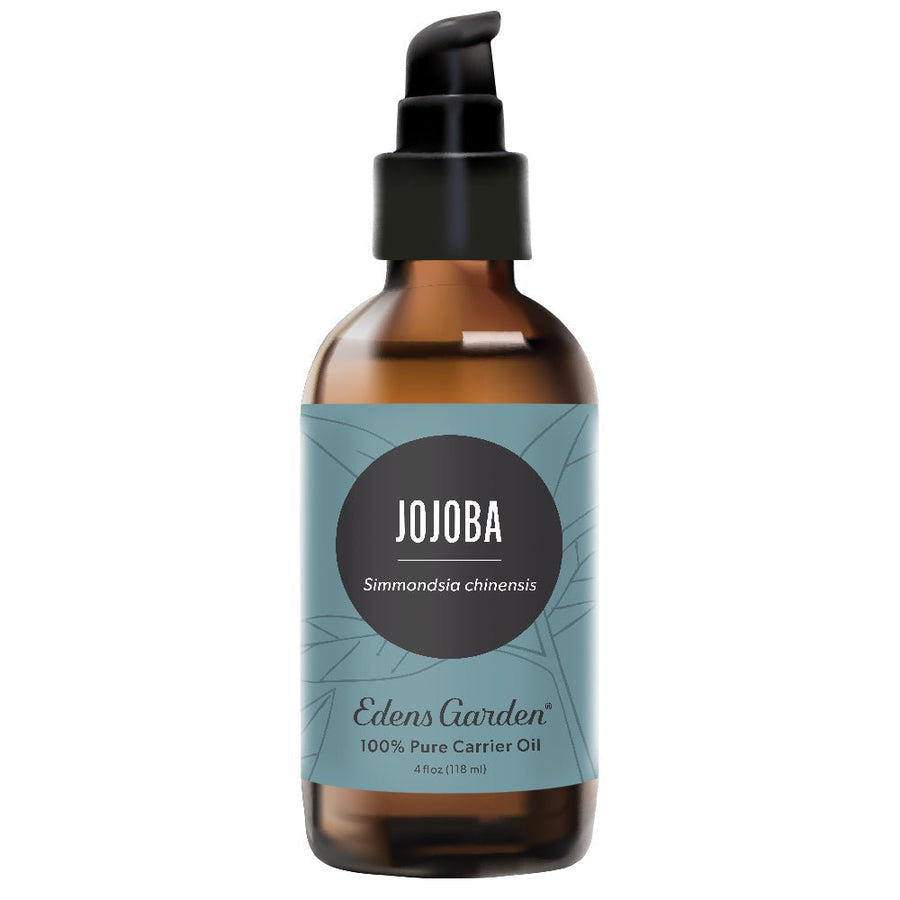
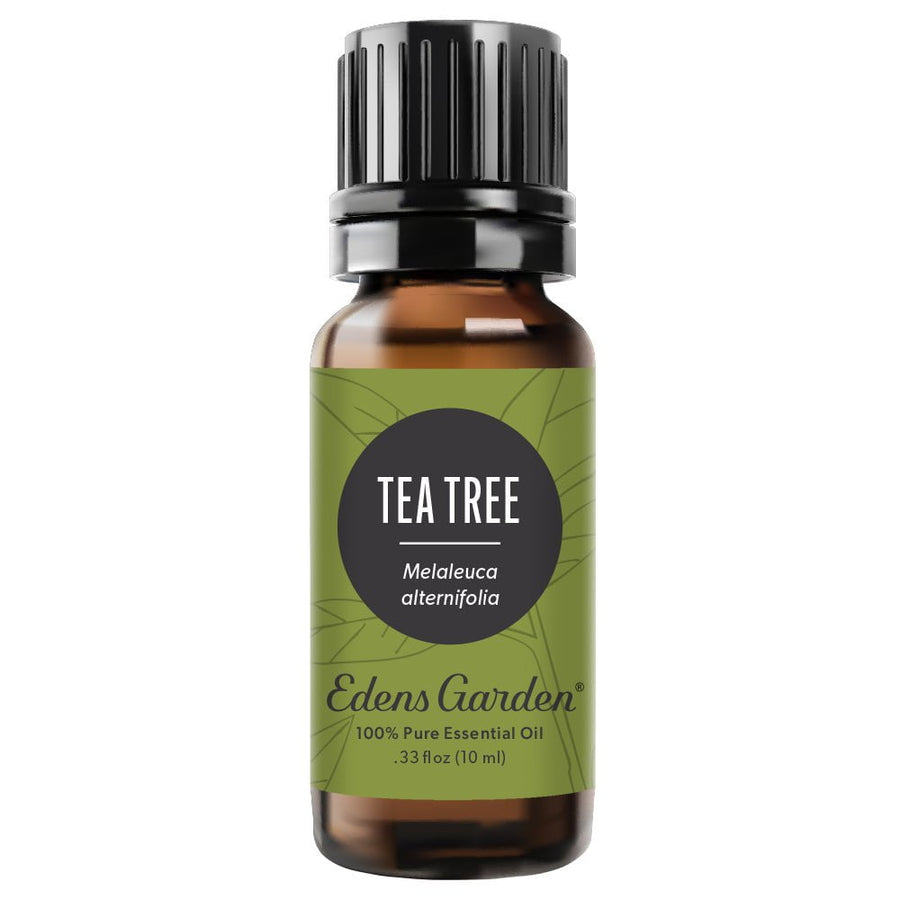
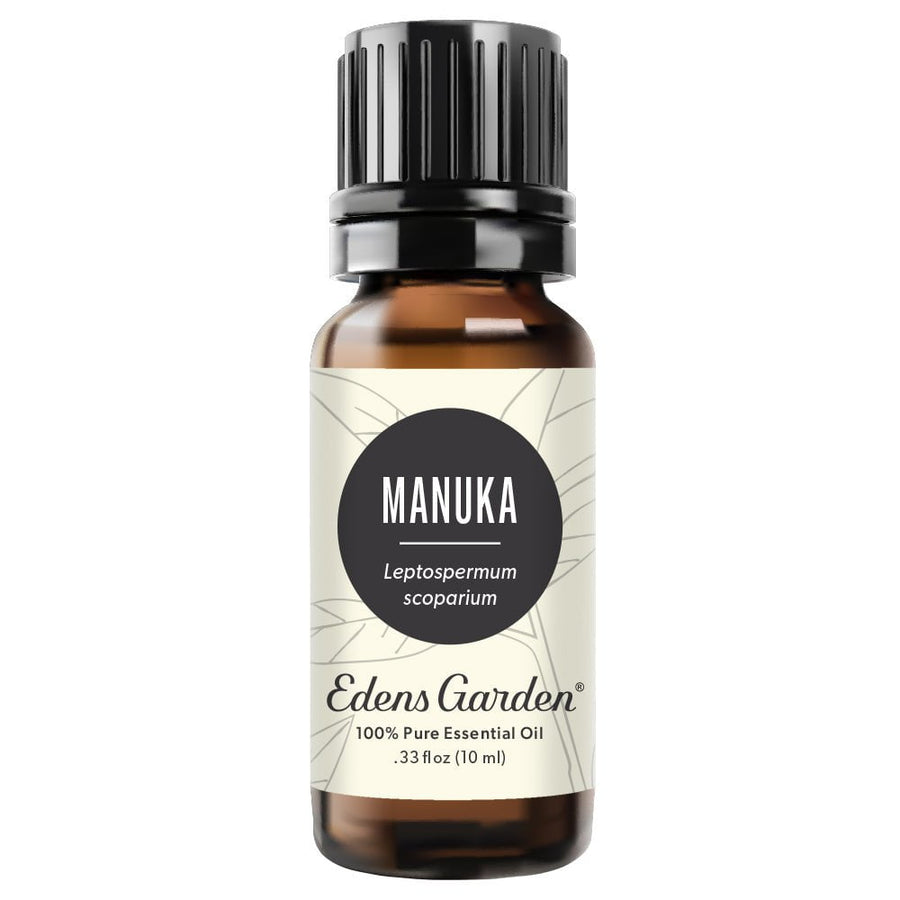
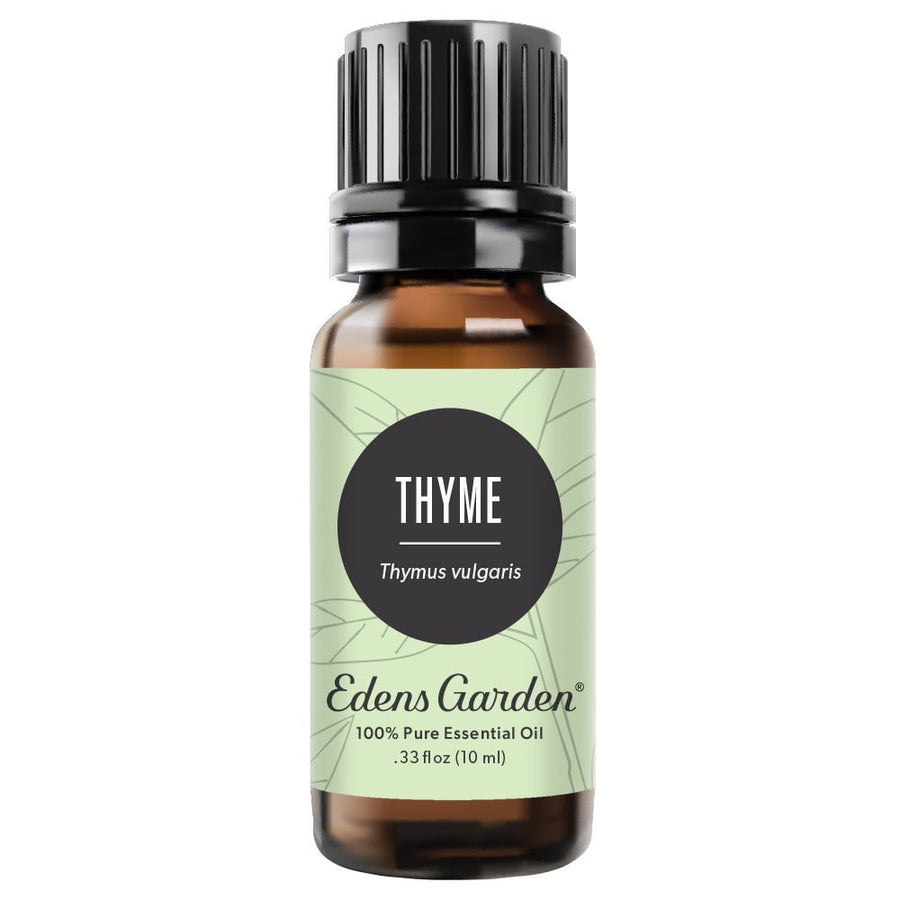

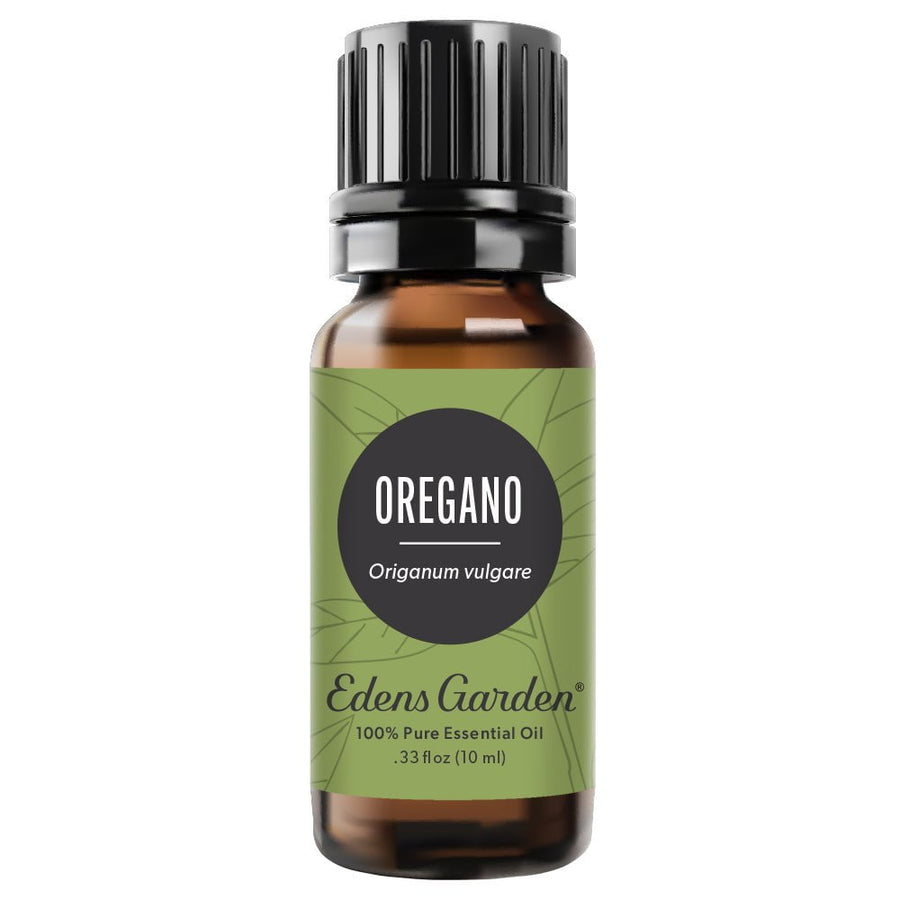





Leave a comment (Comments will be approved before showing up)